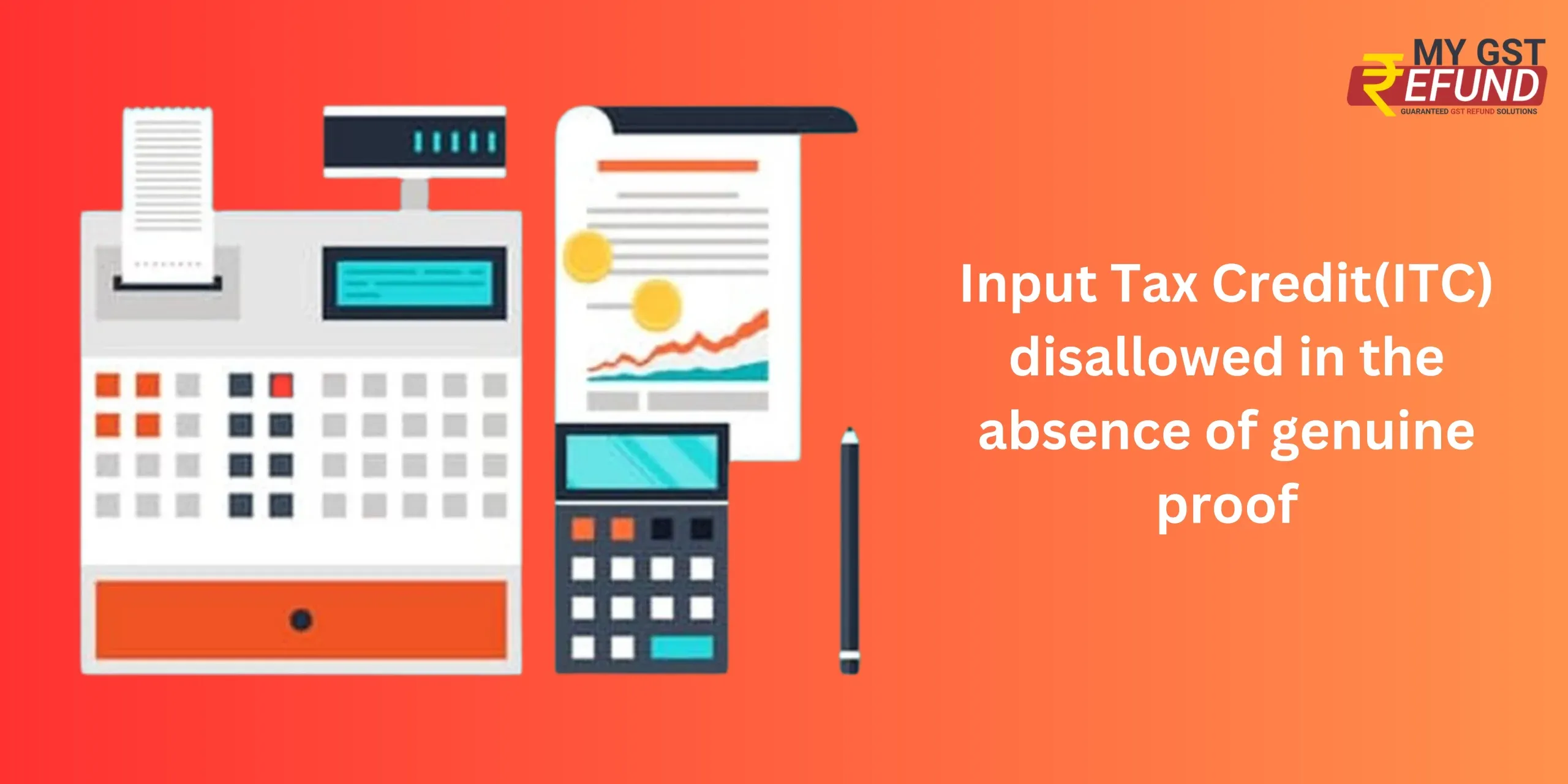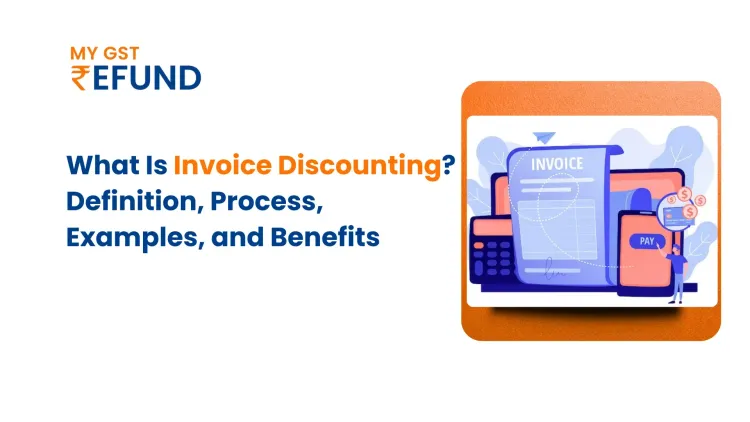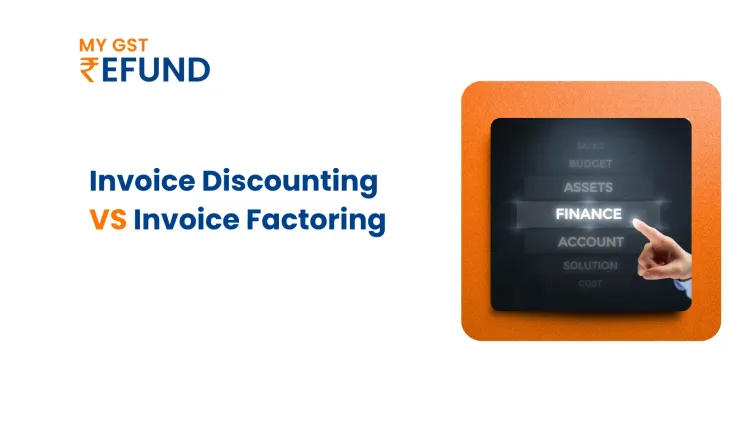Input Tax Credit(ITC) disallowed in the absence of genuine proof.
Published on: Wed Mar 22 2023
The State of Karnataka’s Supreme Court, in the case of M/s. Ecom Gill Coffee Trading Pvt. Ltd. vs the State of Karnataka, has invalidated a previous decision made by the Karnataka High Court. The court’s decision was based on the grounds that purchasing dealers must provide proof, such as the selling dealer’s name and address, vehicle information, freight payment records, acknowledgment of goods delivery, tax invoices, and payment details, to demonstrate the authenticity of a transaction before they can claim Input Tax Credit (ITC) under Section 70 of the Karnataka Value Added Tax Act, 2003. The court also restored the Revenue Department’s previous order.
Justices MR Shah and CT Ravikumar, who presided over the case, stated that if a purchasing dealer is unable to demonstrate the physical transfer of goods on which Input Tax Credit (ITC) is being claimed, the Assessing Authority has the right to reject such claims.
Factual Background
M/s. Ecom Gill Coffee Trading Private Limited bought green coffee beans from other dealers for export and domestic sales. The Assessing Officer raised concerns about irregularities in the Input Tax Rebate claimed by Ecom for the 2010-11 assessment year and issued a notice under Section 39 of the Karnataka Value Added Tax Act, 2003. The authority discovered that Ecom had claimed Input Tax Credit (ITC) from 27 sellers, of which 6 had deregistered, 3 had made sales to Ecom but did not pay taxes, and 6 had not declared their turnover or paid taxes. The Assessing Officer denied the ITC claim, which was upheld by the first Appellate Authority. However, the Karnataka Appellate Tribunal allowed the appeal and authorized the ITC claim. The revenue authorities filed a revision application before the Karnataka High Court, which was dismissed.
Issue
Whether the second Appellate Authority, as well as the High Court, were justified in allowing the ITC to the Respondent?
Contention of appellant
The party appealing the case argued that the High Court made a significant mistake by dismissing the revision application without acknowledging that the burden of proof for claiming Input Tax Credit (ITC) falls on purchasing dealers. They are required to demonstrate the legitimacy of transactions and the physical transfer of goods in accordance with Section 70 of the KVAT Act. Furthermore, the appellant claimed that the respondent can only claim ITC if they can prove that taxes were paid and goods were actually transferred, as the appellant cannot recover from unregistered sellers or sellers who have filed “NIL” returns, which would invalidate the sale.
Contention of the respondent
The respondent argued that they had met the burden of proof outlined in Section 70 of the KVAT Act. Once this burden is met, the purchasing dealer is entitled to the Input Tax Credit (ITC). Additionally, if it is discovered that the seller did not pay the tax, it can be recovered from them. The respondent further stated that no other documents or obligations are required by the KVAT Act or Rules 27 and 29 of the Karnataka Value Added Tax Rules, 2005, to establish a claim for a refund of ITC. They claimed that the appellant had exceeded the authority granted by the KVAT Act and Rules by requiring additional documentation.
Held by the court
- The Court examined Section 70 of the KVAT Act and emphasized that the burden of proof for the correctness of the ITC claim rests with the purchasing dealer. Mere claims of being a genuine buyer are insufficient to discharge this burden, and additional evidence and proof of the actual physical movement of the goods must be provided. The Court cited the judgment of On Quest Merchandising India Pvt. Ltd. v. Government of NCT of Delhi [Writ Petition (Civil) No. 6093/2017 dated October 26, 2017], which held that ITC can only be claimed on legitimate sale and purchase transactions under Section 70 of the KVAT Act, and the onus is on the purchasing dealer to establish this while claiming ITC.
- The court emphasized that a dealer who uses false documents to substantiate their ITC claim will be subject to penalties. It was noted that the dealers in question failed to meet the burden of proof imposed by Section 70 of the KVAT Act. The court further held that a purchasing dealer cannot claim ITC until they satisfy the burden of proof under Section 70 and provide sufficient evidence to demonstrate the authenticity of the transaction.
- The court also held that the second Appellate Authority and the High Court erred in overturning the decisions made by the Appellant and the first Appellate Authority based on irrelevant considerations. It was held that merely producing invoices or payments through cheques is not sufficient to claim ITC.
Analysis by the Supreme Court
In the case at hand, the court focused on the issue of whether the Input Tax Credit was rightly allowed by the second Appellate Authority and the High Court. The court referred to Section 70 of the Karnataka Value Added Tax Act, 2003, which states that it is the dealer’s responsibility to prove that a transaction is not taxable or that the ITC claimed is correct. The court stated that this burden of proof cannot be shifted to the revenue authorities and it is the dealer who must prove the validity of the transaction. The court further emphasized that the dealer claiming ITC must provide substantial evidence to prove the actual transaction.
Simply producing invoices or payments made by cheque is not sufficient to prove the actual transaction for claiming Input Tax Credit under Section 70 of the KVAT Act, 2003. The dealer must provide evidence beyond reasonable doubt of the transaction, including the name and address of the selling dealer, details of the delivering vehicle, payment of freight charges, acknowledgment of taking delivery of goods, tax invoices, and payment particulars. These additional pieces of information must be provided in addition to tax invoices and payment details.
The court found that in the current situation, the dealers did not provide sufficient evidence to prove the actual transaction as required by Section 70 of the KVAT Act, such as the name and address of the selling dealer, details of the vehicle delivering the goods, payment of freight charges, acknowledgment of delivery of goods, tax invoices, and payment particulars. As a result, the Assessing Officers were correct in disallowing the ITC claims, which were later allowed by the Tribunal and affirmed by the High Court.
Are you Looking for GST Refund Service? Mygstrefund.com offers GST refunds on business, exports, and many more if your GST application is rejected. Get in touch with us today.
Related Posts





